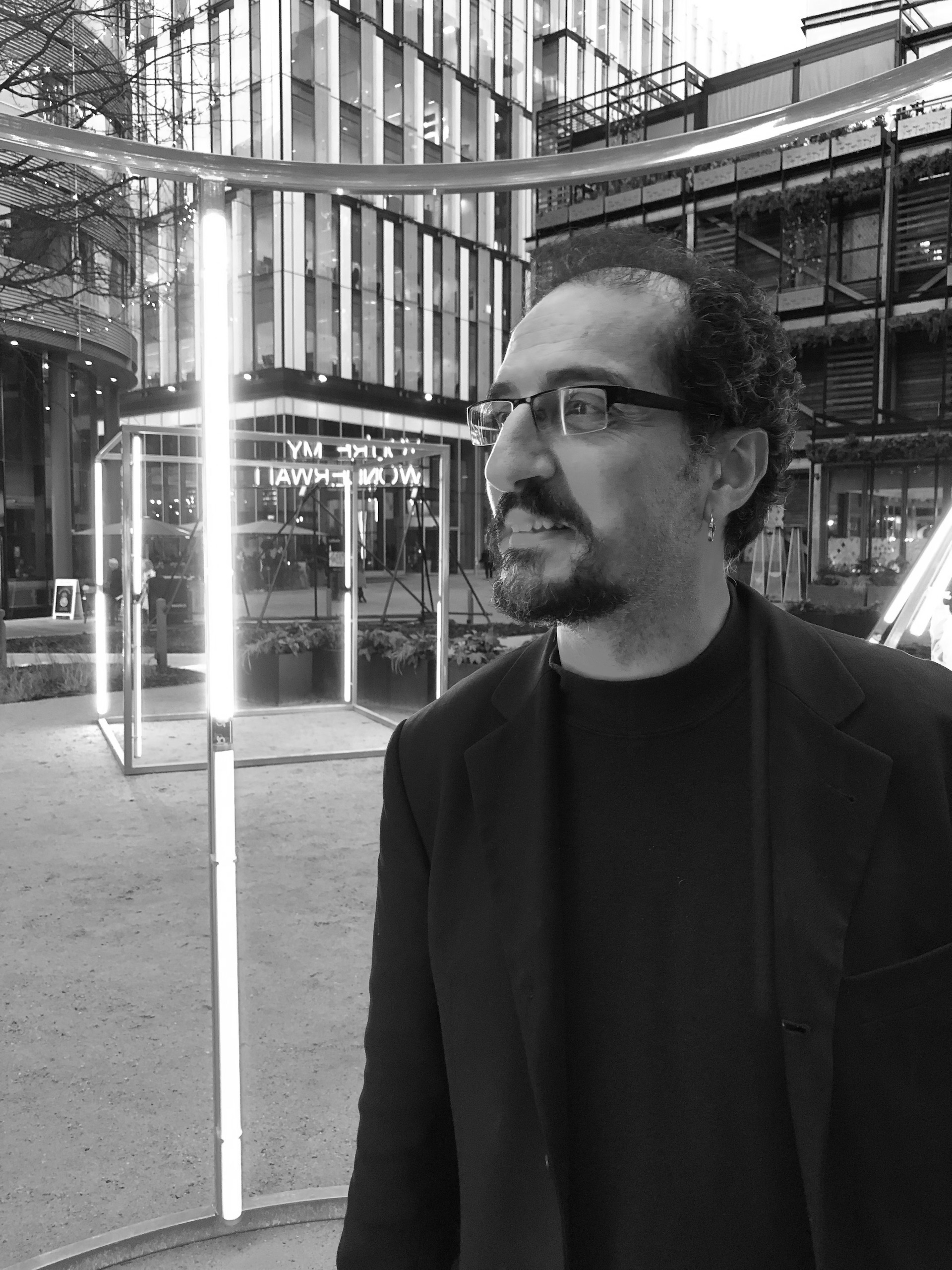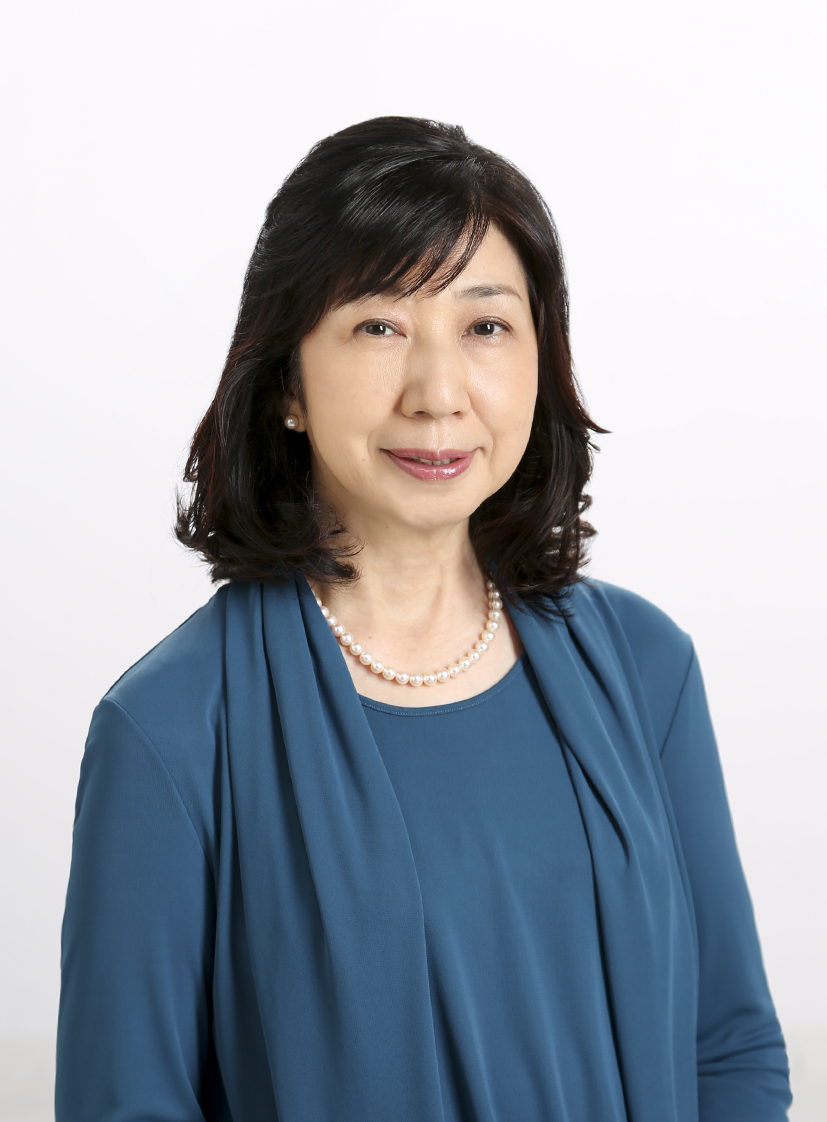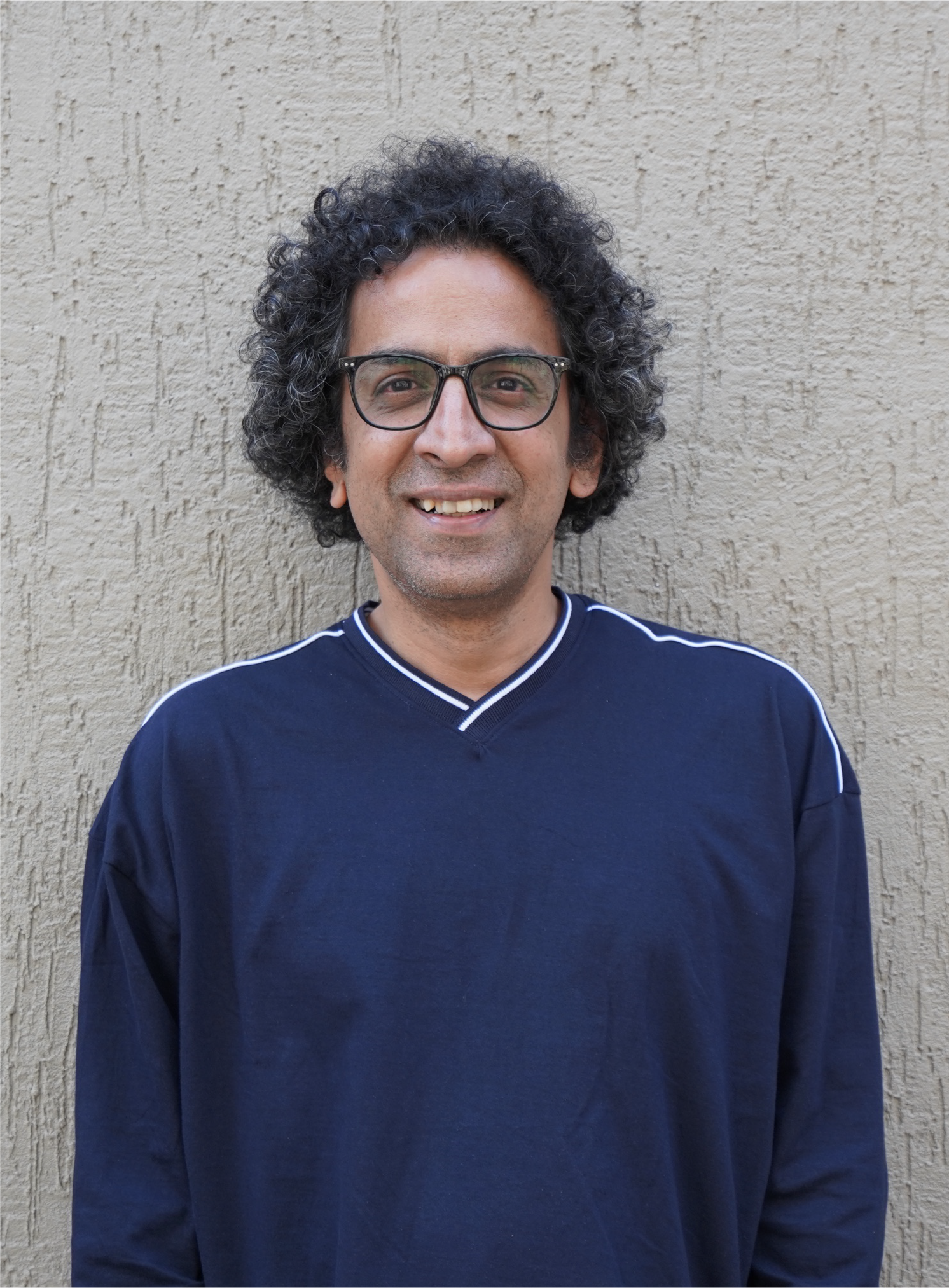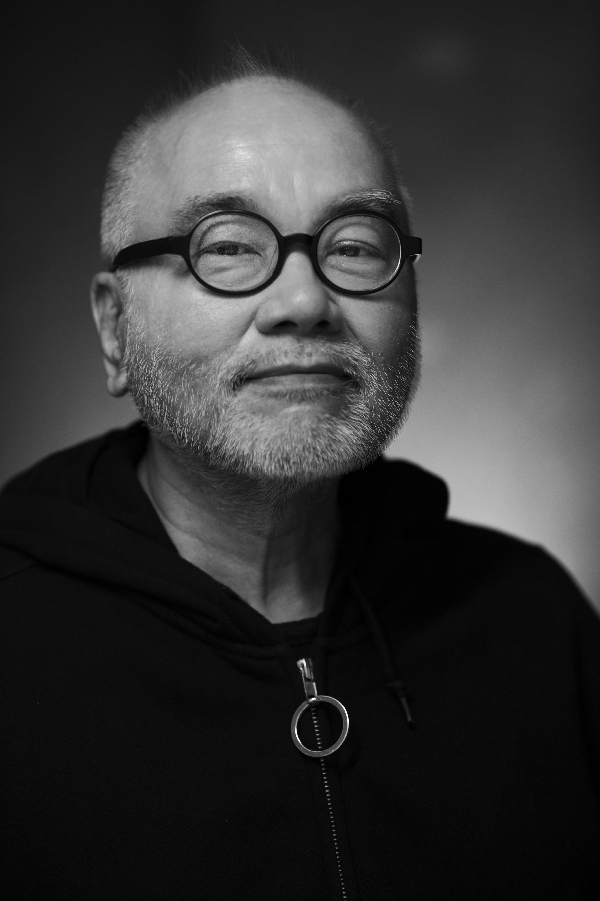23-27 JUNE
2024
In the context of considering processes of documenting as a practice, documentation is not about the contents or objective qualities of a document but the making, preservation and potential reuse of that document. From a noun associated with documentary evidence to a verb describing the act of creating and collecting documents.
In the past decade or so, research and discussions on the interdisciplinary aspects of documenting performances have taken place due to the recently-created field of memory studies and the development of digital curation as a formal process of preservation and maintenance in archiving digital assets for long-term access.
After rapid and extensive globalisation in the past two or three decades, cultures now intersect and differ in multi-faceted ways. The time is right to investigate intercultural approaches to documenting performance arts in terms of the historical, social, political, ethical constructs.

Dr Toni Sant is Director of the Digital Curation Lab at MediaCityUK with the University of Salford. Between 2014 and 2020 he was the Artistic Director of Spazju Kreattiv, Malta’s National Centre for Creativity. Toni has written widely about digital curation and media archaeology, starting with his book “Franklin Furnace & the Spirit of the Avant Garde: A History of the Future” (Intellect, 2011). Other recent books include ”Documenting Performance: The Context and Processes of Digital Curation and Archiving” (Bloomsbury, 2017) and “The Spazju Kreattiv Art Collection” (Fondazzjoni Kreattività, 2020).
In 2021 he was awarded the National Book Prize of Malta for literary non-fiction for a book of Facebook posts called “Jien-Noti-Jien” (Klabb Kotba Maltin, 2020), which he co-authored with EU Literature Prize winner Immanuel Mifsud during the first Covid-19 pandemic lockdown. He is also an Associate Editor of the International Journal of Performance Arts and Digital Media, published by Routledge.
In 2020, the world underwent a dramatic transformation due to the COVID-19 pandemic. On April 7, the Japanese government declared a state of emergency in seven prefectures, including Tokyo. This pandemic severely impacted the Japanese performing arts sector, leading to numerous stage performance cancellations or postponements. However, this crisis prompted our theatre museum, which specializes in the performing arts, to reconsider what we ought to collect and preserve for future generations.
The Tsubouchi Memorial Theatre Museum at Waseda University, where I served as director for ten years until March 2023, was founded in 1928 and is preparing to celebrate its centennial in 2028. As one of Japan’s oldest university museums, it boasts an extensive collection encompassing the entire spectrum of world theatre history.
During the pandemic, we began collecting flyers, posters, scripts, and testimonials from individuals involved in stage performances that had been cancelled or postponed. Our aim was to ensure that even if a performance was cancelled, the rehearsals and preparations would not be forgotten; in essence, no gaps would exist in the history of theatre. This effort culminated in the 2020 online exhibition “Lost Performances: Theatrical Records/Memories of the Corona Disaster,” which was followed by another exhibition in 2021 titled “Lost in Pandemic: Theatre Adrift, Expression’s New Horizons.”
During the pandemic, the Theatre Museum also launched the Japan Digital Theatre Archives as part of a project by the Agency for Cultural Affairs, aimed at enhancing the profitability of the theatre industry. This archive site offers public access to information on the videos of past stage performances, ensuring continued engagement with the performing arts even when theatres are closed due to the pandemic.
In this lecture, I will focus on our initiatives during and after the pandemic. I will present various archives from the Theatre Museum and reflect on the significance of archiving for the future.

Minako Okamuro is a professor at the Faculty of Letters, Arts, and Sciences at Waseda University. She received her Ph.D. in Arts from the National University of Ireland, Dublin (UCD). She is well-known for her tenure from 2013 to 2023 as the director of the Tsubouchi Memorial Theatre Museum.
During her time as the director of the Theatre Museum, she curated a range of innovative and highly praised exhibitions. These included “Samuel Beckett: The Door is Imperceptibly Ajar,” “Ah, Shinjuku: The City as Spectacle,” “Inside/Out: Visual Culture and LGBTQ+,” and “Lost in Pandemic: Theatre Adrift, Expression’s New Horizons,” all of which attracted considerable attention.
Professor Okamuro holds esteemed positions on various boards, including the Japan Society for Theatre Research, the Japan Society for Digital Archive, and the Broadcasting Program Centre of Japan. She is also a member of the Council for Cultural Affairs.
Her area of expertise encompasses contemporary theatre and television studies. She is especially acknowledged for her research on Samuel Beckett, and is one of the founding members of the Beckett Circle of Japan.
She has co-edited several books, including “Rethinking of Japanese Theatre in 1960s” (Tokyo: Suiseisya, 2012), “Ireland on Stage: Beckett and After” (Dublin: Carysfort Press, 2012), and “Samuel Beckett Today/Aujourd’hui 19: Borderless Beckett/Beckett sans frontiers” (Amsterdam: Rodopi, 2009).
In addition to her scholarly contributions, she has translated many of Beckett’s plays into Japanese, with notable translations such as “Waiting for Godot” and “Endgame”.
As a playwright and scholar, Dr Ashutosh Potdar would reflect on the enactment of the archive in ideation and composition of a story through words and space. Focusing on dramatic practices in India, Dr Potdar will discuss the different artistic ways and techniques of dramatic compositions and theatrical representations in archival engagement and historicizing of a reality within the contemporary context. Investigating the methodologies of writing for theatre, the talk will also address dramaturgical mediations in the context of evolving identities, languages, mobilities, collaborations and the dynamics of the local and the global.

Dr Ashutosh Potdar is Associate Professor of literature and drama at the Department of Theatre and Performance Studies (School of Design, Art and Performance), FLAME University, Pune.
Dr Potdar’s scholarly work in English and Marathi has explored Colonial Drama, Narrative Theory and Drama Studies and more recently, the connections between the archive and performance making combining research and creative practice. He has published his research work on literature and drama in English and Marathi in various journals and presented papers in national and international conferences. He has edited a volume of “Greatest Marathi Stories Ever Told (Aleph Book Company)”. Also, he has co-edited a volume of essays on performance-making and the archive, and an anthology of art writing in Marathi published by Routledge India and Sharjah Art Foundation respectively.
Dr Potdar is an award-winning writer of several one-act and full-length plays, poems, short fiction and translations. He has two collections of plays, a collection of poetry and an adaptation of a play to his credit. Dr Potdar has also presented his work in a curated show at a gallery in Pune and co-written a performance with an actor and designer in Bangalore that premiered at Sophiensaele in Berlin. He edits हाकारा । hākārā, a peer-reviewed bilingual journal of creative expression published online in Marathi and English.

An experimental art pioneer, Danny Yung is a founding member cum Co-Artistic Director of Zuni Icosahedron. Yung is widely regarded as most influential artist in Hong Kong and the neighbouring regions, and an advocate in experimental arts and new art forms. In the past 40 years, Yung involved extensively in multifarious fields of the arts, including theatre, cartoon, film and video, visual and installation art and he has been involved in over 100 theatre productions as director, scriptwriter, producer and/or stage designer. His theatre works were staged in cities across the world.
In 2014, Yung is the laureate of the 2014 Fukuoka Prize – Arts and Cultural Prize. In 2009, Yung was conferred the Merit Cross of the Order of Merit on Ribbon by the Federal Republic of Germany in recognition of his contribution to the arts and cultural exchange between Germany and Hong Kong. In 2008, with Tears of Barren Hill he was honoured the Music Theatre NOW Award by UNESCO's International Theatre Institute. In 2022, Yung received the Award for Outstanding Contribution in Arts by Hong Kong Arts Development Council. "X-Xperimenting Exhibition: Danny Yung 50 Year Creations" was presented at the Hong Kong Heritage Museum in 2021; and the recently established "Zuni Experimental Theatre Arts Archive" is an open public archive that fully illustrates Zuni's experimental art over forty years - including performance photos and videos, manuscripts, critics, publications, etc.
Project Grant
藝能發展資助計劃
Arts Capacity Development Funding Scheme
HKSAR Government 香港特別行政區政府
The content of this programme does not reflect the views of the Government of the Hong Kong Special Administrative Region.
Hong Kong Arts Development Council fully supports freedom of artistic expression. The views and opinions expressed in this project do not represent the stand of the Council.